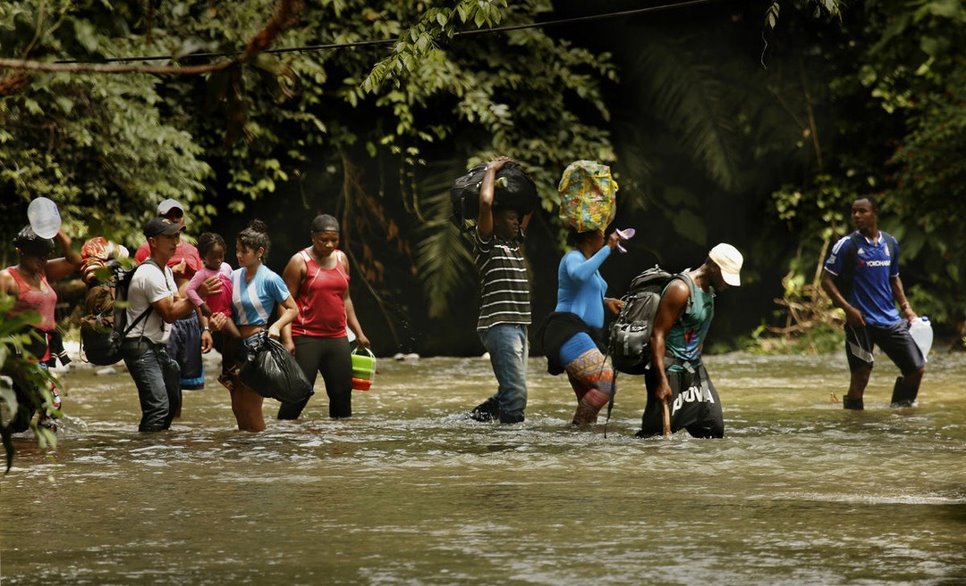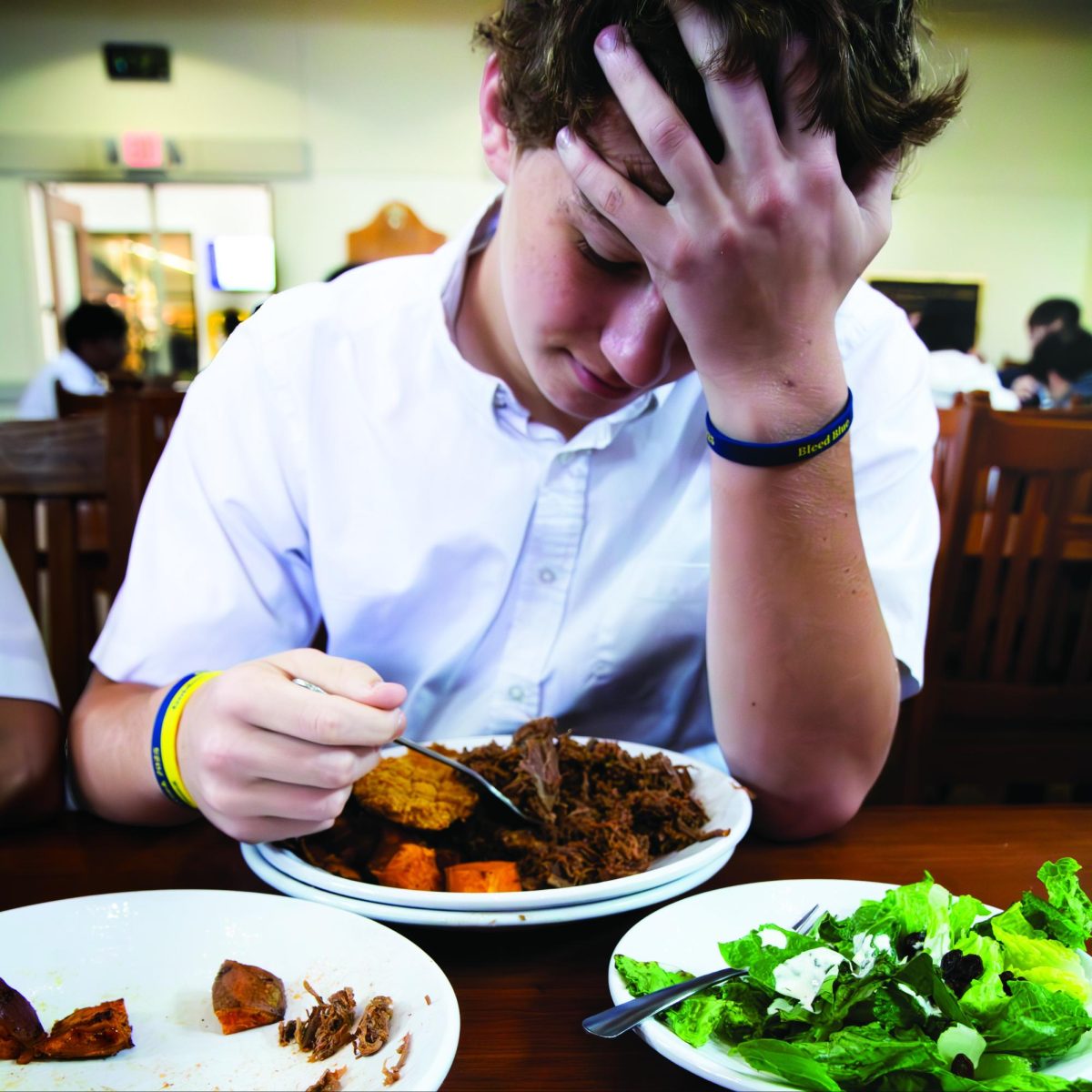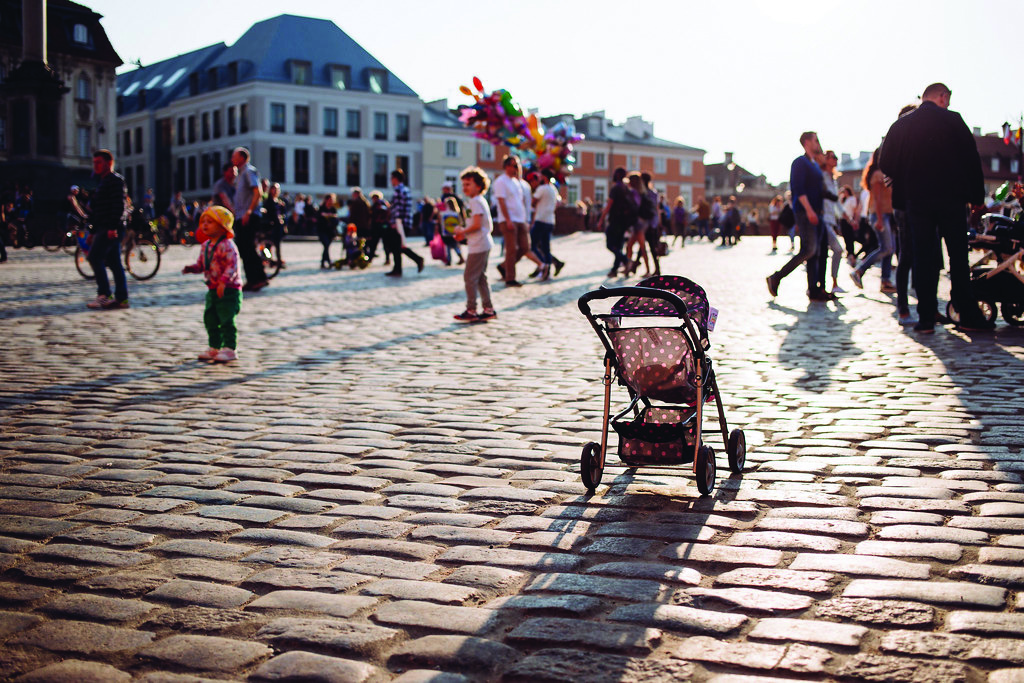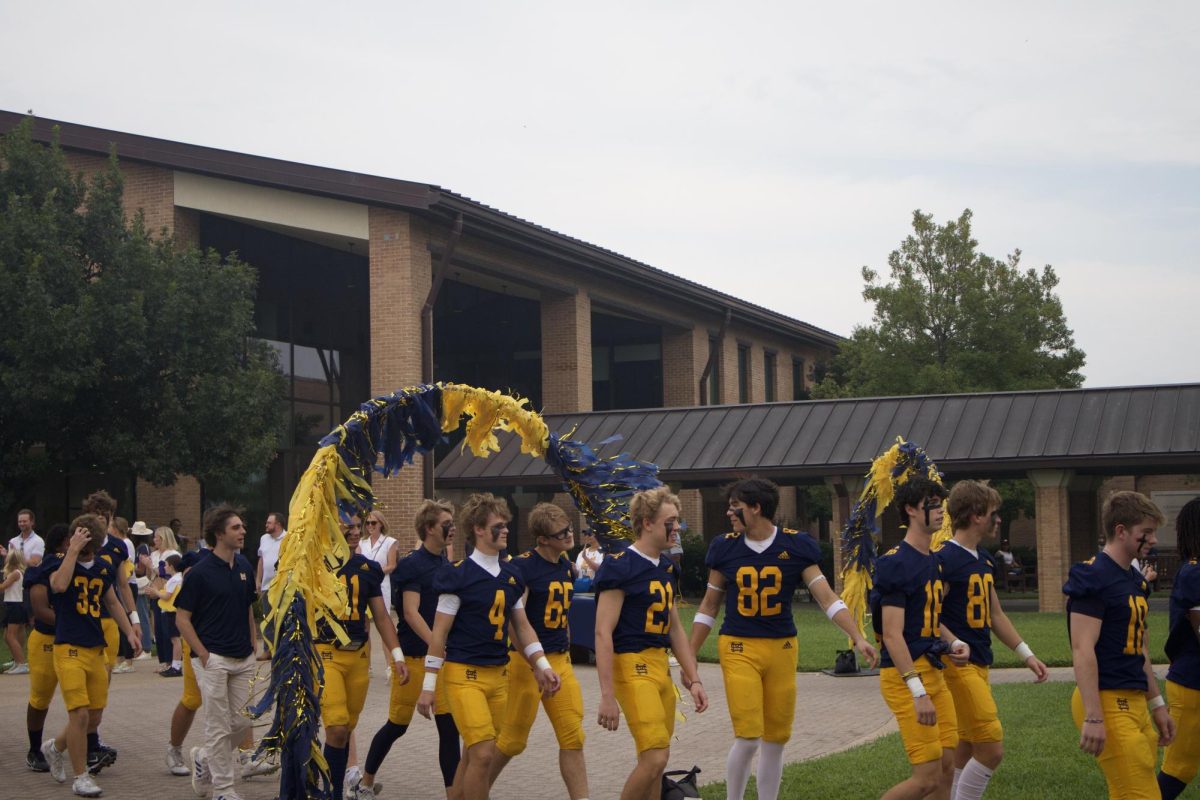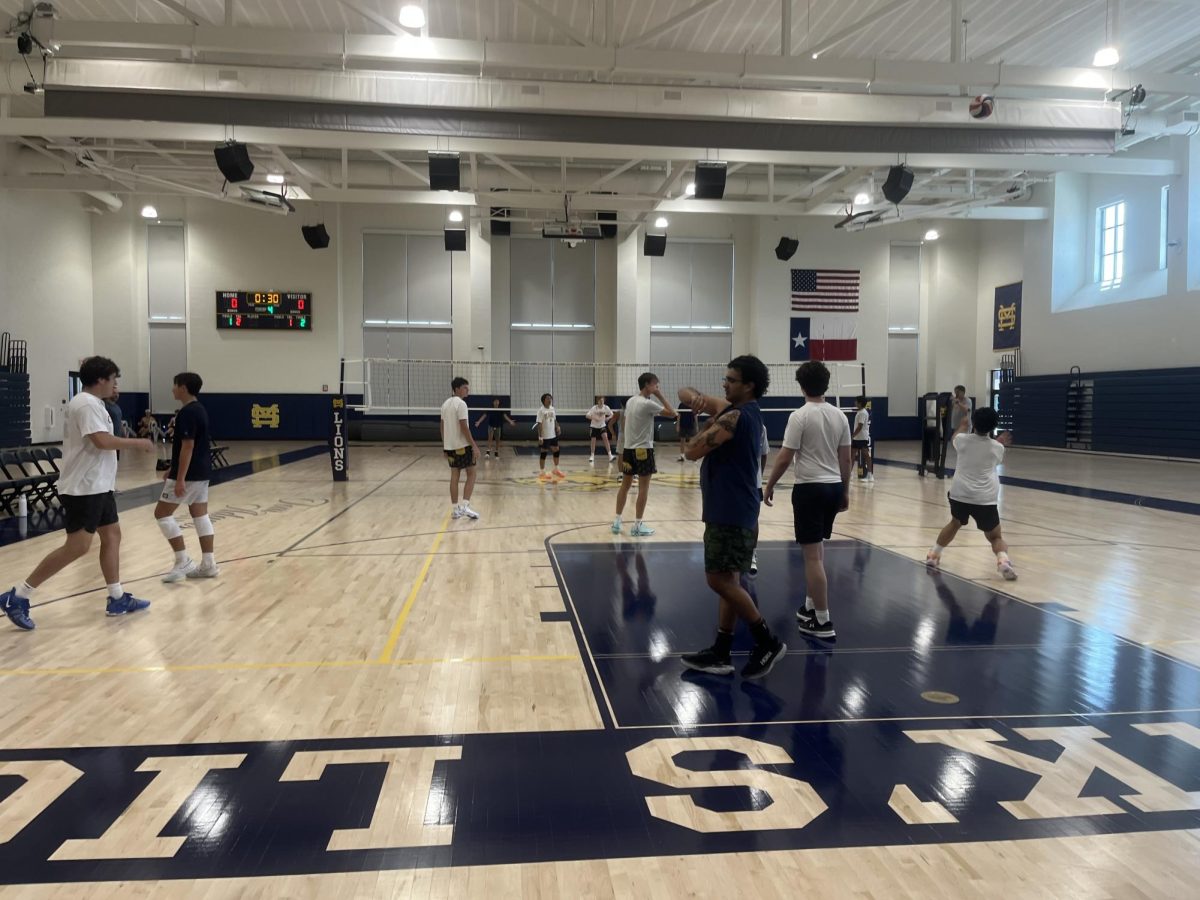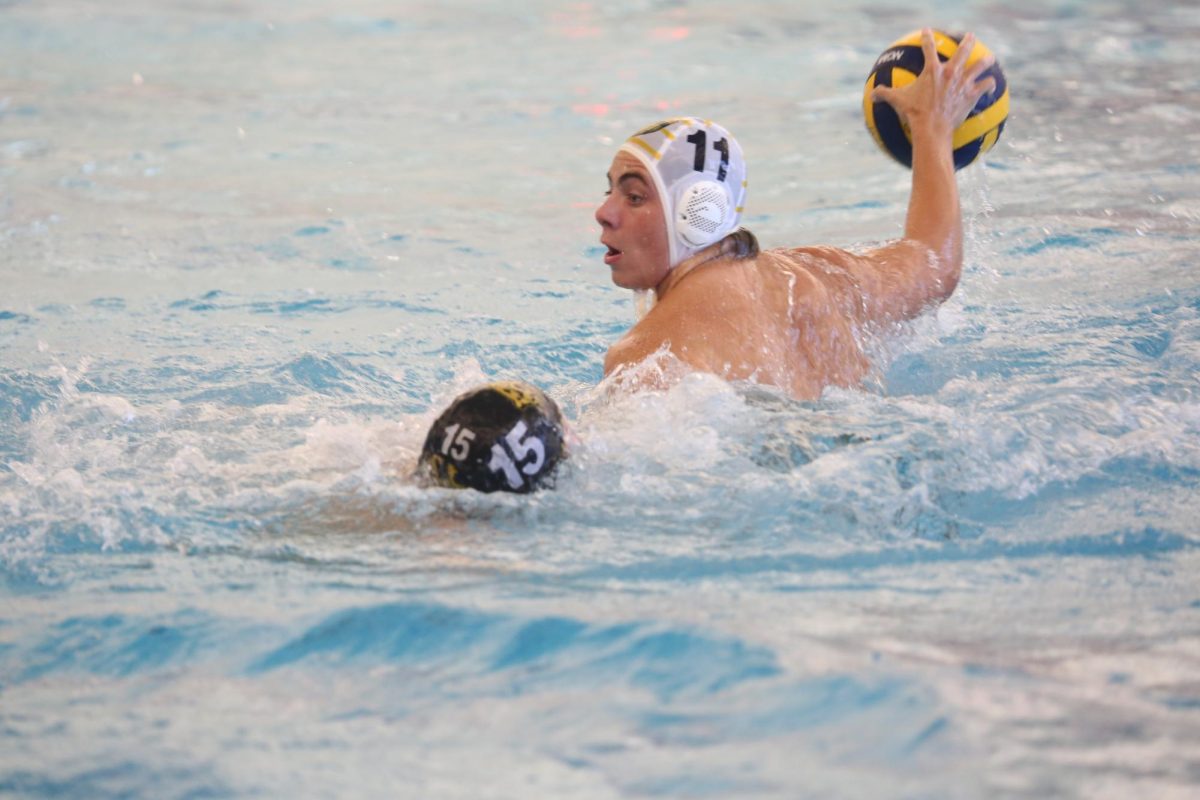From the thick jungles of Costa Rica to the hot deserts of Mexico, Junior Antonio Martinez Rodrigues— an openly gay man escaping the harsh Venezuelan environment carrying his dog, Tokyo Bebé, the whole way sought asylum in the United States. His story is just one of many immigrants who endure the grueling journey from Venezuela to America. Through his “real world” approach to teaching, Spanish teacher Jorge Correa heard about Venezuelan migrants’ troubles and decided to inform his class.
Through an article in the New York Times, Correa learned about the Darién Gap, an area of Panama without roads — one of the most treacherous parts of a migrant’s journey to America.
“It’s a very dangerous trip, a long journey with a four-day jungle crossing with just some water and snacks,” Correa said. “There are also many children involved in all that.”
Students in Correa’s Senior Spanish class and in instructor Nancy Marmion’s A.P. Spanish Language class listened to a presentation about the Venezuelan immigration process and even talked to Rodrigues over FaceTime to ask him questions. The experience helped students improve their language skills and attain a real world understanding of the troubles of Spanish-speaking migrants.
Sophomore Christian Denis enjoyed the overall explanation of the situation and the specific story of Rodrigues as well.
“There’s a lot of dangers and gangs over in the Darién Gap,” Denis said. “I think the most interesting part was the fact that he was able to get through all of the difficulties.”
Correa discovered Rodrigues through the help of Rebecca Wilson, mother of senior Nate Wilson, who deals with immigration along Texas’s southern border.
“His story is like stuff from a movie,” Correa said. “He’s a member of the LGBTQ community, he had a job where he made four dollars a month, and he did the whole journey with his dog. This dog is real emotional support for somebody who is going to do a journey for an unknown amount of days or weeks, not knowing if they are going to make it to the end.”

